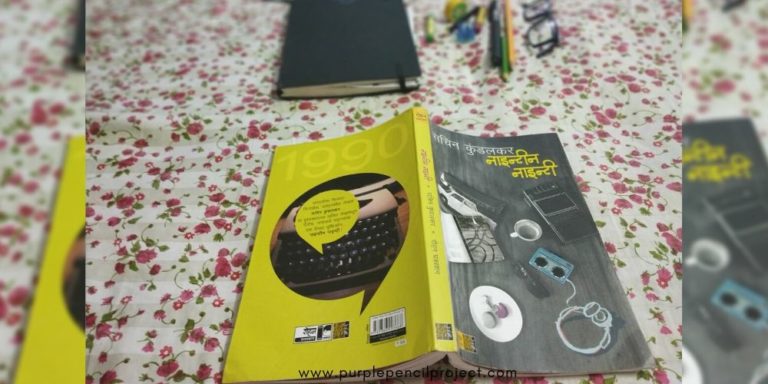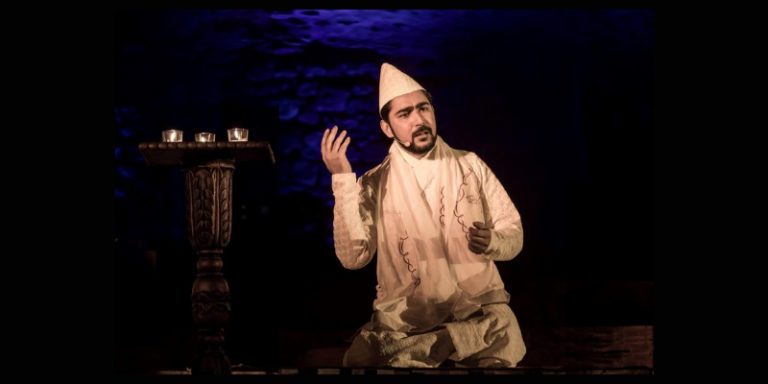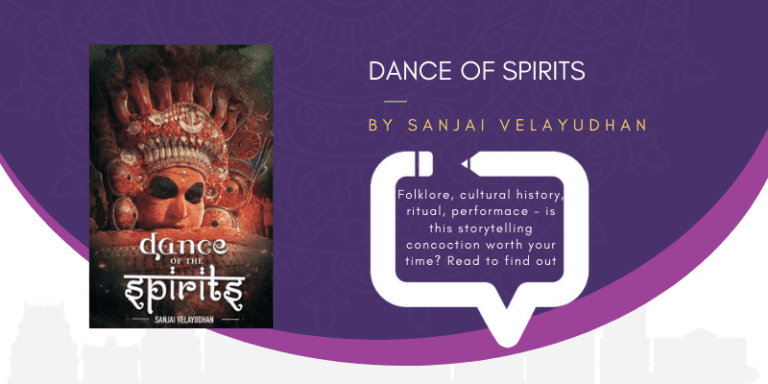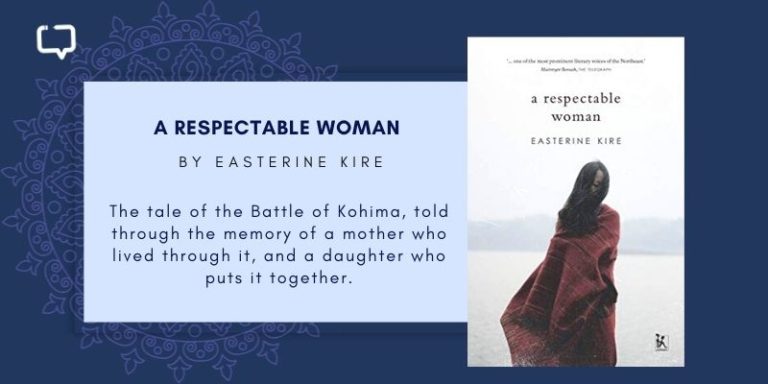Sahitya Akademi Award winning author and a star of Telugu literature, P. Lalita Kumari, better known by her pen name Volga, has authored several famous novels like The Liberation of Sita, Yashodhara and more, which challenge the traditional norms of Indian culture (as mirrored in its mythologies), re-think feminism in that regard; evoking debates, discussion and controversy across the nation.
The Telugu writer spoke to Purple Pencil Project about the nuances of mythological re-tellings, her perspective on feminism, Telugu Literature, the beauty of translation, and more, in an email interview.
Excerpts:
Our history has limited feminist narratives. In context of your feminist re-tellings, how can a change be brought about in this outlook?
If we look into the main historical and mythological texts with feminist perspective, we can find many gaps and raise many questions. We search for answers. Narratives, though limited, can be used as effective tools to explore various possibilities to subvert. In some cases, a lot of research will be needed and in some cases, we can use our creative liberty. But that liberty never comes automatically.
Before writing Vimuktha, I read many Ramayanas, especially folk Ramayanas. I was thrilled with the creative imagination of them. It is not an easy job to convince the readers with a new version who are already familiar with the story. I succeeded.
Today’s principals of equality should not come to forefront glaringly. With the suffering of the characters the writer presents, the questions of unjust should come to forefront. In mythology, we can see questions of Dharma and Adharma. We have to turn them into questions of Nyaya and Anyaya. If we do this job effectively, readers can connect and relate with the contemporary issues.
In today’s day, different brands and varying definitions of feminism have emerged. What do you think of them?
I don’t know various brands but there are various strands which emphasize on specific issues in a specific time and background. Like Liberal Feminism, Radical, Socialist, Marxist, Echo … I see myself as a socialist feminist and I believe that it gives space to talk and act on all issues that those above strands are speaking.
Classical Telugu literature has evolved over the years. How different is it from contemporary Telugu texts? Do you admire the works of any modern day Telugu writers?
In Telugu we have written texts available from 11th century. Translations of epics, kavyas based on epic stories. One or two purely imaginary texts. Until 19th century this was the situation. But from classical literature we can read the social conditions of those times.
In contemporary Telugu literature, writers I admire are P. Satyavathi, Khadeer Babu, Sannapureddi Venktrami Reddy, Shajahana, Vinodini — to name a few.
Today’s literature is very topical. For every incident happening in the country, dozens of stories, poems and novels are appearing. Some are excellent.
The rise of social media is a prominent factor in increasing the readership in India. Has it played a similar role for Telugu readership?
In numbers it is slowly decreasing when compared to 60’s, 70’s, 80’s, 90’s. From 2000 the number of literary magazines decreased and space for literary issues is shrinking. So readers opted to other media.
But there is a steady increase of readers from rural areas with a hunger to literature and knowledge. But avenues are absent. In social media, new writers are appearing with their poems, short stories and critics with their book reviews and introduction about old and new literature. Social media in some ways is helping the writers and readers to keep interest in literature.
Translation always takes away a little essence from the original but reaches more people through prominent languages. In your opinion, do Telugu readers and English readers approach your works differently?
It is a known fact that some flavour will be lost in translation. Some idioms, beauty of the dialect, beautiful and wise proverbs cannot be translated without losing some charm. But there are some translators in Telugu, who are doing translations from English, who can bring beauty.
For example, ask any Telugu reader- they say that they enjoy Mark Twain in Telugu than in English. Some writers have the opportunity to have those kind of translators. Tom Sawyer and Hakal became Telugu boys since 50’s. Late Nanduri Ram Mohan Rao did that magic. But it is very rare. From Telugu to English it is very difficult to bring that magic.
Example from my text – Yasho Buddha is written in a language which is not used in everyday conversation. It is not classical or semi classical, but it is different. I used that language to suit those times and characters. Translation is not easy- the words which seemed to be simple like “Hridaya Dharma”, “Ekantham”, carry a lot of meaning in Indian languages. But in English? Very difficult to find.
Translation is a very important literary work. In a way translation erases the boundaries between languages, states and countries and testifies that human endeavours, suffering, happiness are same in essence. That knowledge will help people to embrace people who are different– i.e. colour, race, caste, religion. I think translation is a very political act and choice.
Coming back to your most prominent works: What resources did you turn to while writing Yashodhara and The Liberation of Sita?
For Yashodhara I read some works of Rahul Sanskrutyayan. “Bhagvan Buddha” an important text written by Dharmananda Kosambi. Dharmananda Kosambi was a great Buddhist scholar, in Pali language, which he also taught in Kolkata University and Mumbai University. He was part of the Freedom struggle too. Some of Kosambi’s works are translated into Telugu. His writings are research oriented, not very imaginative.
In my novel also, except the thought process of Yashodhara, and the intimate relationship of Yashodhara and Siddartha, I tried not to deviate from history.
For ‘Liberation of Sita’ I didn’t sit for reading Ramayanas. I read Telugu Ramayanas : Bhaskara Ramayana, Molla Ramayana and Ramayana by Buddha Reddy in Dwipada meter at a very young age. In my student days, I read Valmiki Ramayana when I was teaching in a college and I am a great admirer of Valmiki!
I read many folk Ramayanas and retold Ramayanas. Those helped my imagination. But my contemporary experiences worked more while writing Liberation of Sita.
Do you follow any rules or guidelines when working with the genre of mythological fiction?
Not very consciously, but I followed certain things. Not format, but when I think of characters in Ramayana – mainly, like Sita. Valmiki’s Sita appeared before my eyes. Her beauty, her wisdom, her patience, her suffering – I followed Sita as she was in Valmiki Ramayana.
Surpanaka is my own imagination as a Dravidian woman, full of love for nature and people. I tried to bring the mythological texture into these stories. I don’t want to make my characters very modern but tried to bring change in their thought process. That thought process is simple. From Dharma to Nyaya. I made my mythological women characters travel from Dharma to Nyaya and automatically some questions arose! Those questions and the quest of the women to know the answers are my stories.
Yashodara is different. I tried to follow history. At that time Siddhartha and Yashodhara were different from all others and they had one goal in life. To attain Buddhatva and help the people suffering from many desires, diseases and poverty.
How people like Siddartha and Yashodhara evolved is my main question and I tried to find the answer in my novel.
Speaking of Yashodhara, which we recently reviewed: In a way, was the relationship of Yashodhara and Siddhartha more of a teacher-student relationship than that of husband and wife? If Yashodhara was alive today, and could look back on the fact that, what she was about to do would change the course of history forever, what do you think she would say?
The relationship of Yashodhara and Siddartha is unique in my opinion. They are friends, comrades, companions, lovers, wife and husband, mother and father and of course, teacher and student. Each kind of relationship helped them in their quest for truth. That relationship evolved gradually while I was writing that novel.
“I missed the chance because I was a woman then. Now don’t miss the chance. There are lot of things to change. The thing i.e. Yagna which tried to stop but failed is in full form today. We can try to stop yagnas, yaagas, blind beliefs, find new paths to eradicate poverty, diseases and many evils not present in my times. Now, womanhood is not such a barrier. You go and change. Women can be active agents of change.”
My Yashodhara will speak these words.
What will be your next publication? Could you share some details of what you are working on?
My next publication – I don’t know whether I can publish it or not. But I am writing it. It is about the environment, greed of men, about nature and culture. About civilization. I want to try and change the whole meaning of civilization and development.
This too I am setting in a mythological backdrop. But it is very difficult to publish that in these times.
You have received the honour of the Sahitya Akademi Award. Did it enhance your commercial success in anyway? Did it serve as a turning point for you, in terms of recognition outside Tamil readership?
Sahitya Akademi gives awards every year as a recognition of the writer’s literary skill. I think that will not help for the career of a writer unless he or she is very young. In my case I am a highly discussed writer since the 80’s. My readers and my co-writers are happy that Vimuktha [Liberation of Sita] was recognised by Sahitya Akademi. That award was not a turning point at all.
By the time I got the Award, I was an established writer in Telugu literature. Turning point was my second novel “Swetcha” in 1987. Readers, critics discussed it for many years though it is a novel with a simple theme and one or two new ideas. After “Swetcha” I never looked back.
What are the kind of books you usually enjoy reading, be it in any language?
I enjoy reading long-form fiction, short stories and poetry, research books on sociology and political economy.
I can read in Telugu and English. I translate many books from English to Telugu.
You can buy Yashodhara here.



















One Response
Hello,
I’m writing you on behalf of one Bengali little magazine “Anushongik”. We tried to reach Volga Ma’am via the email address available on vabna site, however it was last updated on 2003,so not sure if that is correct.
Can you please help me by providing her email address or phone number?
Regards,
Surajit Poddar